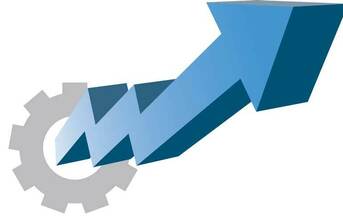
The revival in domestic and global demand has resulted in a majority (46 per cent) of the surveyed businesses contemplating new investment in the July-Sep quarter, whereas only 10 per cent expected contraction. This indicates that economic recovery is sustainable, provided we maintain the demand momentum, where the monetary stance by the Central Bank will play a crucial role.
The businesses, besides undertaking new investments, have started experiencing a rise in capacity utilisation. Nearly half (49.5 per cent) of the respondent firms expected their capacity utilization to exceed 75 per cent in July-Sep quarter of FY15, up from 34 per cent respondents in the previous quarter, which augurs well for the turnaround of the economy.
CII survey has observed a sharp decline in the percentage of respondents reporting increase in inputs costs related to raw materials, energy and employees in the Jul-Sep quarter as compared to the previous quarter, which is in line with the official data specifying the current moderation in inflation rate.
Expectation of recovery in sales, coupled with sharp decline in input costs, has led to a rise in percentage of respondents expecting an increase in profits after tax (PAT) in the July-Sept quarter to 40 per cent as against 36 per cent in the previous quarter. On the other hand, the percentage of respondents reporting a decline in PAT between the two periods declined from 30 per cent to 20 per cent.
A slow pick up in global demand, high inflation and rising borrowing costs are cited to be the top three concerns of the respondents. "While we can do little about addressing the global slowdown concern, all policy options must be explored to tackle the problem of inflation and high borrowing cost. At a time when economic recovery needs to be strengthened, the ideal policy instrument would be to manage inflation through supply-side measures, and make a direct intervention to reduce borrowing costs," added Banerjee.
END



























